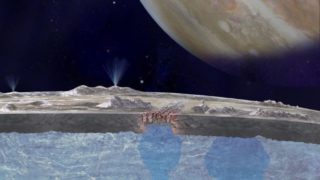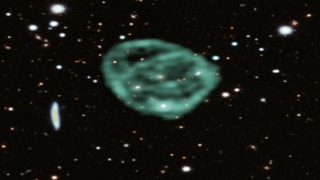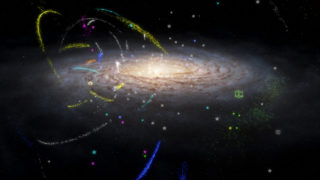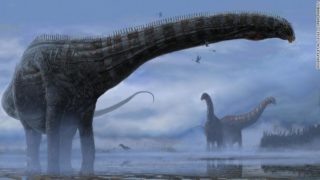
MI weekly selection #462
Heartbeats as passwords By recording and isolating the unique “musical” properties of a heartbeat — both rhythm and pitch — researchers have created a biometric identification system which can distinguish between people with a 99.6% accuracy rate. “We might use this solution in a building’s access control system where pre-registered users provide a template (a […]








